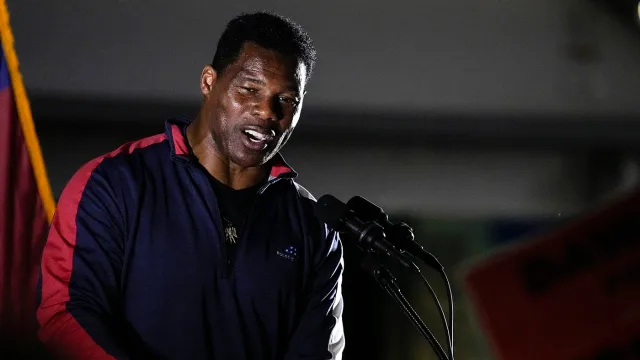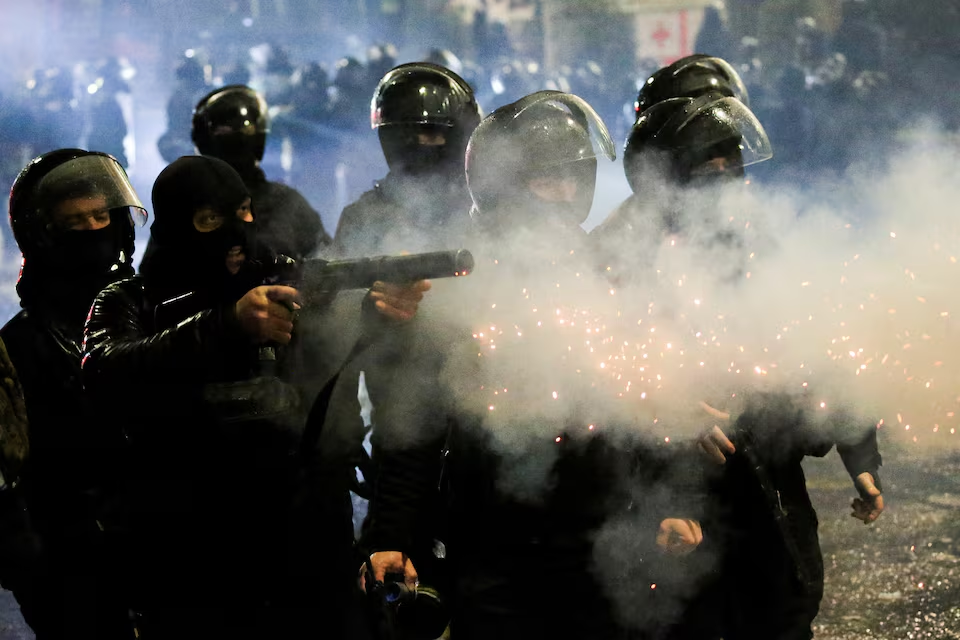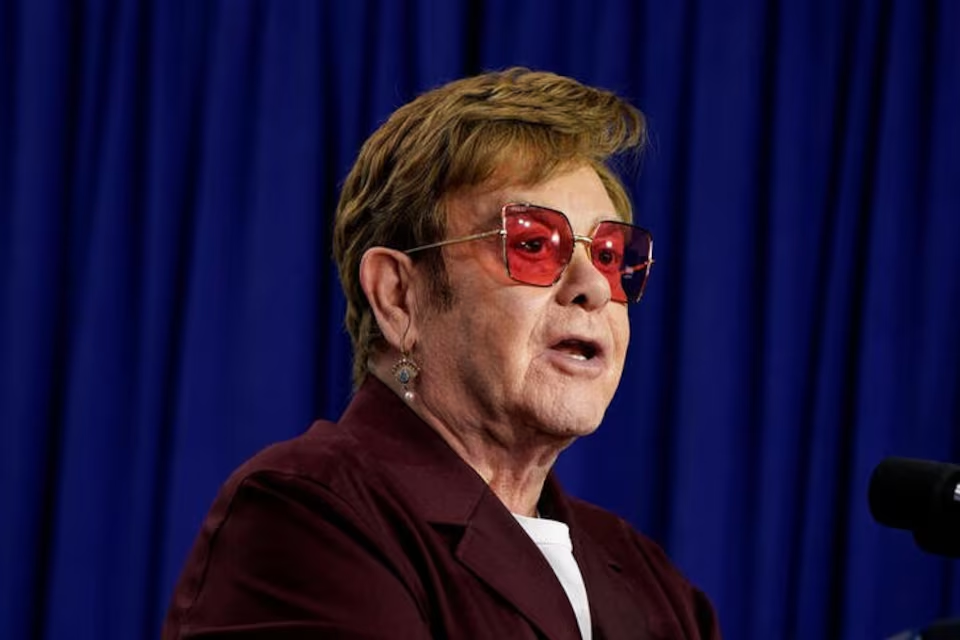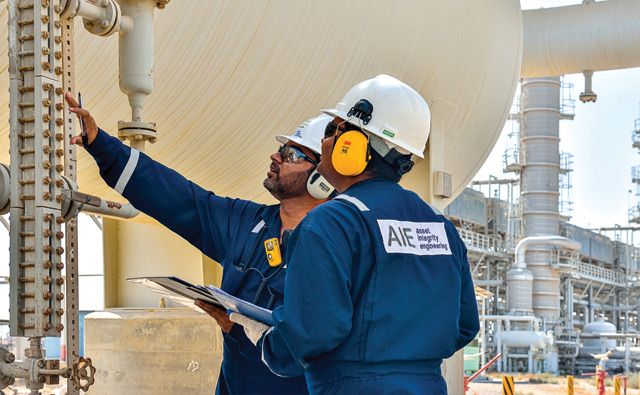Trump names Herschel Walker as ambassador to Bahamas

Former President Donald Trump has made headlines with his recent announcement of naming Herschel Walker, the former NFL star and political figure, as the new U.S. Ambassador to the Bahamas. This decision has drawn considerable attention, both for its unexpected nature and the broader implications it may have for the Republican Party, the Bahamas, and U.S. foreign policy.
The Appointment of Herschel Walker
Herschel Walker, best known for his outstanding career in professional football, where he earned numerous accolades, including a Heisman Trophy, has more recently become involved in politics. Walker gained national recognition for his run for the U.S. Senate in Georgia in 2022, where he was endorsed by Trump and became a prominent figure in the Republican political landscape. While Walker’s Senate campaign ultimately did not succeed, his close ties to Trump and his status as a celebrity figure have kept him in the political spotlight.
Walker’s appointment as ambassador to the Bahamas is a notable development in the context of U.S. diplomacy. The position of ambassador is typically reserved for individuals with a background in foreign policy, diplomacy, or government service. However, this appointment continues Trump’s pattern of selecting high-profile personalities from various fields, rather than career diplomats, for key political and international roles. It is seen by some as a reflection of Trump’s approach to governance, where loyalty and celebrity status often take precedence over traditional qualifications.
The Bahamas and U.S. Diplomatic Relations
The Bahamas, a Caribbean nation with a close relationship to the United States, represents an important diplomatic position. The Bahamas serves as a critical partner for the U.S. in matters of trade, tourism, and regional security. As an archipelago with a heavy reliance on tourism, the Bahamas’ economy is closely tied to the U.S. economy, especially in terms of travel and investments. The country also plays a role in regional security efforts, particularly in combating drug trafficking and human trafficking.
In this context, an appointment like Walker’s raises questions about how well an individual with limited experience in international diplomacy can navigate the complexities of U.S.-Bahamas relations. Trump, however, has long maintained that loyalty, strong personal relationships, and high-profile endorsements are key to effective diplomacy. This could be an attempt to further solidify his influence and support within the Republican Party, as well as maintain ties to conservative voters who remain loyal to Walker after his Senate run.
The Significance of Walker’s Appointment
The decision to name Walker as ambassador signals Trump’s continued influence in shaping political appointments based on loyalty and personal connections. Trump has often eschewed traditional political appointments, preferring instead to elevate individuals with whom he shares a personal bond or political alignment. Walker’s rise to the ambassadorship underscores Trump’s preference for outsiders in key roles, further signaling that celebrity status and personal endorsement can sometimes supersede conventional political credentials.
While the announcement of Walker’s ambassadorship has been met with mixed reactions, it is clear that Trump sees value in positioning his close allies in prominent roles. For Trump, who is reportedly contemplating a return to the presidency in 2024, appointing Walker to such a visible position helps solidify a base of loyal supporters, especially in Georgia and the broader South. The appointment also serves as a reminder of Trump’s political network, which has become a key asset as he prepares for another possible presidential run.
Reactions to the Appointment
Reactions to the nomination have been varied. Supporters of Trump and Walker view the appointment as a strategic move to bolster U.S. ties with the Bahamas and the broader Caribbean region. Many argue that Walker’s celebrity status and public profile will help foster stronger relations between the two nations. They also point to his connection with Trump as an asset in diplomatic relations.
Critics, however, have raised concerns about the lack of diplomatic experience Walker brings to the role. Given that the Bahamas is an important partner in the Caribbean region, some believe that a more seasoned diplomat might have been a better choice. Critics argue that Walker’s appointment reflects the Trump administration’s tendency to prioritize loyalty over experience and qualifications. They caution that such an approach could undermine the seriousness of U.S. diplomatic relations, particularly with countries that rely on robust, experienced leadership in foreign policy.
Walker’s Role and Future Prospects
As the newly appointed ambassador to the Bahamas, Walker will be tasked with representing U.S. interests in the Caribbean and ensuring strong bilateral relations between the Bahamas and the United States. While his background as a football star and political outsider may be unconventional, his appointment also highlights the growing trend of celebrity figures taking on roles that traditionally required deep experience in foreign affairs. Walker’s ability to build relationships, leverage his celebrity status, and work closely with the Bahamian government will be key to his success in this role.
Looking ahead, Walker’s appointment could signal a shift in how political figures with non-traditional backgrounds approach diplomacy. If successful, his tenure could pave the way for other high-profile figures to be appointed to similar diplomatic positions. For Trump, naming Walker to the position is not just about strengthening ties with the Bahamas; it’s also a way to further reinforce his political influence and connect with his base of supporters, many of whom view Walker as a champion of conservative values.
Trump’s decision to name Herschel Walker as U.S. Ambassador to the Bahamas has sparked significant attention. The appointment reflects Trump’s ongoing influence in shaping political appointments based on loyalty and personal relationships, rather than conventional political qualifications. While the decision has received both praise and criticism, it is clear that Walker’s celebrity status and close ties to Trump play a central role in his rise to the ambassadorship. As Walker embarks on his new diplomatic role, the eyes of both supporters and critics will be on him, watching how his unconventional background influences U.S.-Bahamas relations and broader U.S. foreign policy.






